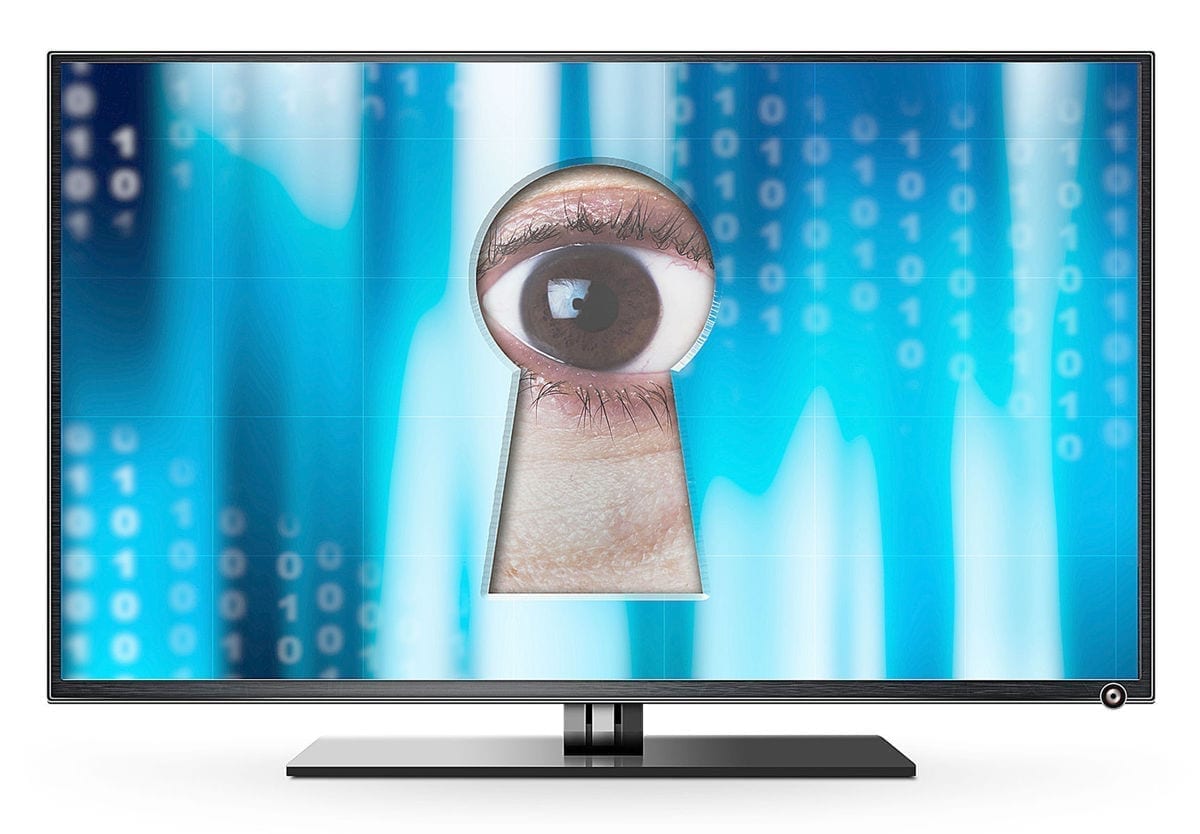Smart appliances and gear is all the rage today. From smartphones and tablets to smart TVs, we’re surrounding by these nifty gadgets that supposedly make our lives easier and more enjoyable. However, some people are skeptical about their security when using smart devices. Afterall, how many times have we heard the story of someone hacking into a baby monitor to spy on a sleeping infant? It’s every parent’s nightmare. But did you know it’s not only crazy hackers the use smart devices to their advantage? In fact, some companies have been caught using their smart devices to spy on their consumers? Enter Vizio, a company that, according to the Federal Trade Commission (FTC), “used 11 million televisions to spy on its customers.”
Smart appliances and gear are all the rage today. From smartphones and tablets to smart TVs, we’re surrounded by these nifty gadgets that supposedly make our lives easier and more enjoyable. However, some people are skeptical about their security when using smart devices. After all, how many times have we heard the story of someone hacking into a baby monitor to spy on a sleeping infant? It’s every parent’s nightmare. But did you know it’s not only crazy hackers that use smart devices to their advantage? Actually, some companies have been caught using their smart devices, like a smart TV, to spy on their consumers. Enter Vizio, a company that, according to the Federal Trade Commission (FTC), “used 11 million televisions to spy on its customers.”
Upon discovering Vizio’s shady spying practices, a lawsuit was filed against the television maker, accusing the company of “secretly collecting — and selling — data about its customers’ locations, demographics and viewing habits. Fortunately, Vizio agreed on Monday to “to pay $2.2 million to settle” the case with the “FTC and the New Jersey attorney general’s office.” Despite agreeing to settle, the company “neither confirmed nor denied wrongdoing.”
Many consumers and consumer groups have applauded the settlement as a win because it puts makers of smart devices, including TV-makers like Vizio, on notice and makes it clear that they should always “get people’s consent before collecting and sharing television viewing information.” This is a good thing when you consider that customers across the country, while fans of their smart devices have repeatedly expressed concern “about whether the devices could be sending sensitive information back to their manufacturers.” The Vizio case just proves that yes, sometimes companies use their devices to collect or share personal and sensitive information about their customers. That’s a scary bombshell for many consumers.

Kevin Moriarty, an attorney with the FTC’s Division of Privacy and Identity Protection, hit the nail on the head when he wrote in a recent blog post, “before a company pulls up a chair next to you and starts taking careful notes on everything you watch (and then shares it with its partners), it should ask if that’s O.K. with you. Vizio wasn’t doing that, and the FTC stepped in.”
But what exactly was Vizio doing without their customer’s consent? How did they spy on people? For starters, the lawsuit states the company “was literally watching its watchers.” They were “capturing second-by-second information about what people viewed on its smart TVs,” including data “from cable, broadband, set-top boxes, over-the-air broadcasts, DVDs and streaming devices.” They also “linked demographic information to the data and sold the data — including users’ sex, age, and income — to companies that do targeted advertising.”
Fortunately, justice was served when the “U.S. District Court for the District of New Jersey ordered Vizio to pay $1.5 million to the FTC and $1 million to the New Jersey attorney general’s office.” But what would have happened if Vizio hadn’t been caught? It’s a worrisome thought and makes one wonder how many other companies might be doing the same thing.


Join the conversation!